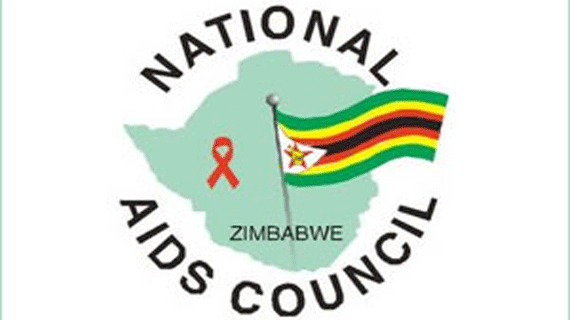
THE National Aids Council (NAC) Matabeleland North Province has bemoaned the unusual high rates of HIV and STI prevalence in Umguza, Hwange and Tsholotsho districts, noting that the upsurge happens mostly during the first and last quarters of the year.
PATIENCE RATAMBWA OWN CORRESPONDENT
Statistics for 2014 revealed that Matabeleland North health facilities treated 8 000 patients for sexually transmitted infections (STIs) and 24% of those patients were from Umguza only.
Matabeleland North recorded an average 18% HIV prevalence and out of that, Umguza has 19%, Tsholotsho 19,5% and Hwange 20%.
Speaking in an interview during the organisation’s provincial stakeholder’s meeting, NAC provincial administrator for Matabeleland North Dingaan Ncube said they noticed similar trends and a significant rise in prevalence during the festive season.
“We noticed from our 2014 statistics that STI prevalence rises during the festive season in Umguza, Tsholotsho and Hwange districts,” he said.
“People suspect it is because of the excitement of having people back from South Africa, cross-border traders (omalayitsha) that are usually at Tsholotsho and the gold panners in Umguza district.
“We have since established solutions to this. We are already increasing access to condoms and teaching proper condom use and its importance.”
- Chamisa under fire over US$120K donation
- Mavhunga puts DeMbare into Chibuku quarterfinals
- Pension funds bet on Cabora Bassa oilfields
- Councils defy govt fire tender directive
Keep Reading
Ncube said they were focusing on behaviour change, where they were targeting the 10 to 24-year-old age group “because it is the age when people are starting to engage in sexual activities”.
He noted that people aged between 10 to 24 in those particular areas were not in schools as expected and most of them were school leavers or dropouts, which made it hard to reach out to them.
“When we call for community gatherings, our target age groups are the ones usually left at home to do chores, while older people attend meetings,” Ncube said.
“This makes it hard to reach them.
“This year, NAC will put greater effort in creating awareness among these people because most HIV transmissions happen at their age and they are bound to get HIV on their first sexual encounter.
“More girls are infected with HIV in this age group, so this is a matter of urgency. We need to reach them as soon as possible.”
Stakeholders at the meeting stressed the importance of HIV testing in the fight against the virus and towards the creation of an HIV-free generation.










